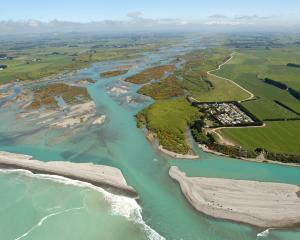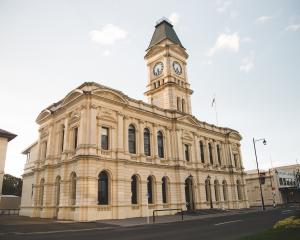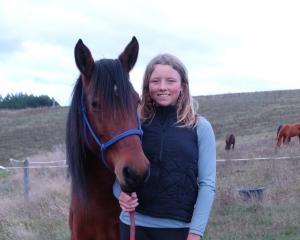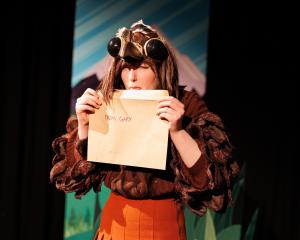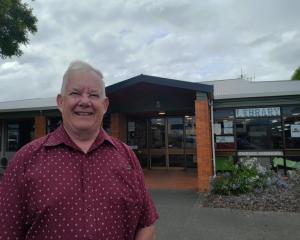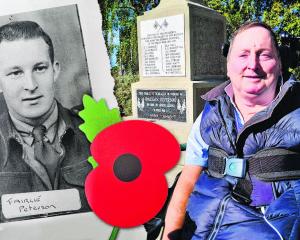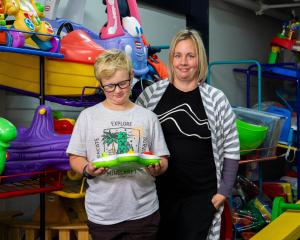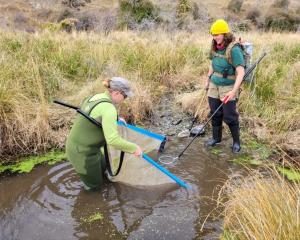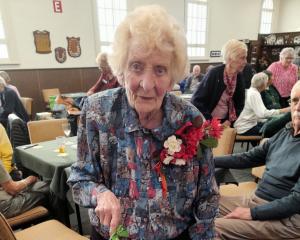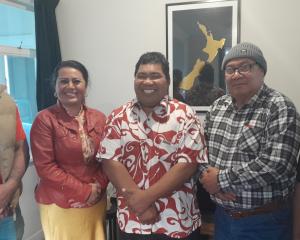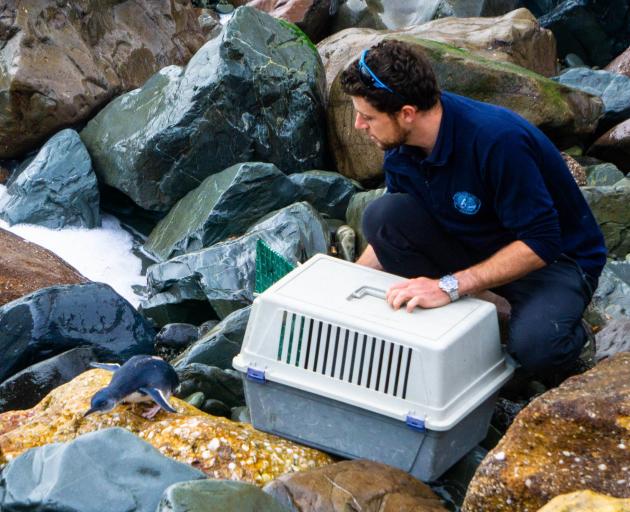
Each year startled and starved penguins are rescued by the Oamaru Blue Penguin Colony, which rehabilitates the birds before releasing them back into the wild.
Last week two more birds successfully left the colony to continue their life of swimming, breeding and eating fish.
Science and environmental manager Dr Philippa Agnew said both Bert and the ironically named Big Bird were breeders who could now continue to contribute to the penguin population.
Both were at the colony showing unusual behaviour, such as going out in the daylight.
That was a sign the birds were not eating correctly and starvation had kicked in, she said.
Big Bird was the smallest of the group they were rehabilitating, which also included Elmo and Ernie.
She was only 610g when rescued and released at 990g.
"If we didn’t pick her up she would have died."
Bert was found underweight pre-moult at 800g, which meant he had to gain weight before he could even start the process.
He was released after exactly a month with a new set of feathers and an extra 450g in weight.
Environment team leader Henry Elsom said the chicks were fed a diet of North Sea sprat, which they would eat in the wild, but the fish were replaced with anchovies if sprat supplies were running low.
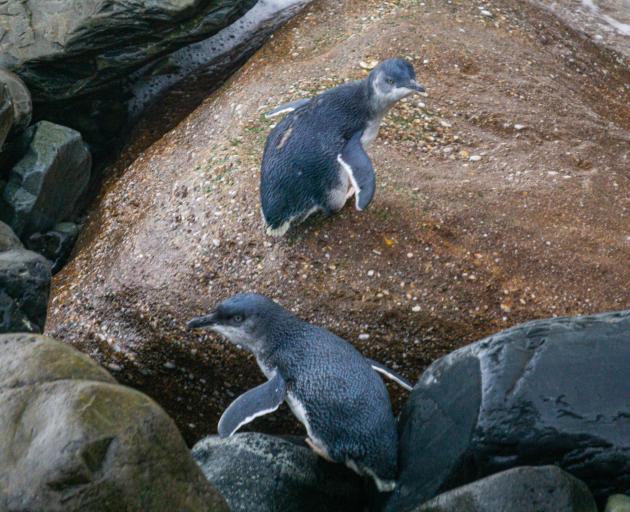
"Like many people would for their pets, we sneak it in," Mr Elsom said.
At the start of the process the penguins could be a bit suspicious of the food and had to be force fed, but most of the time caught on pretty quick.
"It’s very satisfying getting them back out where they belong."
The colony had rehabilitated 31 penguins so far this season, which was typical, he said.
The average lifespan of a blue penguin was about eight years, but they could live past 20. Bert was 3 and Big Bird 6.
Big Bird would still have many years of breeding in her, he said.
Colony staff watched the pair swim out to sea, but noticed they stuck together instead of going their separate ways.
It was an unusual sight when releasing, Dr Agnew said.
Blue penguins mostly mated for life, but there were cases of the birds abandoning old partners in favour of a new one.
"We may have caused a divorce."

